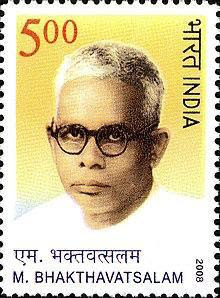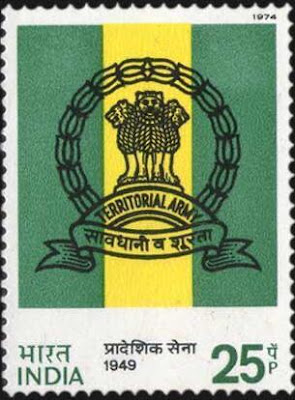International Top Spinning Day, observed on the second Wednesday of October each year, celebrates one of the world’s most ancient and universal toys—the spinning top. Across cultures and civilizations, tops have been cherished for centuries, transcending boundaries as a source of entertainment, craftsmanship, and scientific curiosity. The simple act of spinning a top brings together elements of physics, such as balance, centrifugal force, and angular momentum, making it a fascinating object for both children and adults.
The day encourages people of all ages to rediscover the joy of spinning tops, whether made from traditional materials like wood or modern designs using metal and plastic. Enthusiasts often gather to share their collections, exchange stories, and even compete in top-spinning challenges. Schools and science clubs may also use this day as an educational opportunity to demonstrate the principles of motion and balance in a hands-on, engaging way. International Top Spinning Day serves not only as a celebration of play but also as a reminder of the timeless nature of simple yet intriguing toys that connect generations.







%20KALARATRI.jpeg)

